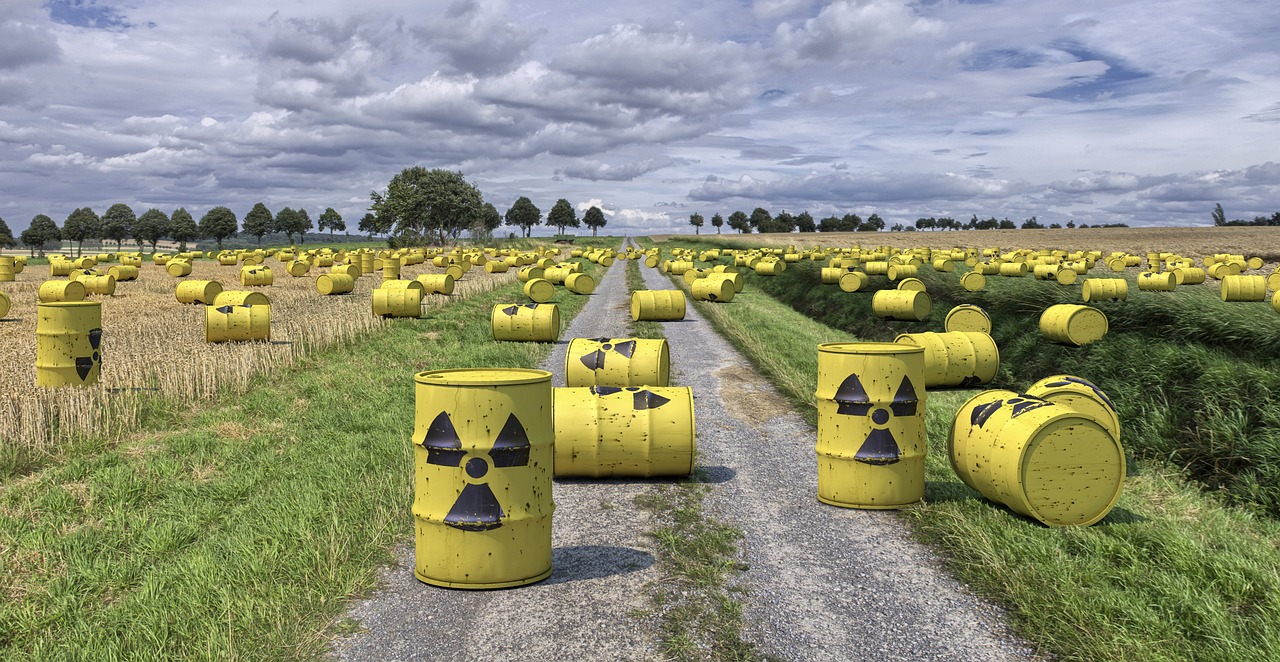What Lies Ahead for Vladimir Putin?
The question on many minds this week is, “What will Vladimir Putin do next?” This uncertainty arises in the wake of significant developments: the Kremlin leader has lowered the threshold for using nuclear weapons, and the US and UK have crossed yet another of his red lines by allowing Ukraine to launch Western-supplied long-range missiles into Russian territory. Such actions have escalated tensions, prompting Putin to issue stern warnings to nations supporting Ukraine militarily.
In a recent address, Putin asserted that Russia reserves the right to target military facilities in countries that enable attacks on its own territories. This statement underscores the seriousness of the current geopolitical climate.
Escalation and Its Implications
The Kremlin has claimed that the “collective West” is responsible for escalating the conflict in Ukraine. However, nearly three years of warfare suggest that Putin himself is inclined toward escalation as he seeks control over Ukraine or a peace agreement on Russia’s terms. Key moments of escalation include:
- The full-scale invasion of Ukraine
- The annexation of four Ukrainian territories
- Recent missile strikes on Ukrainian cities
These actions reflect a pattern of behavior where Putin appears unwilling to reverse course. Rather than de-escalating in response to Western military support for Ukraine, he may double down on aggression.
The Nuclear Question and Future Considerations
Discussions about whether Putin might resort to using nuclear weapons in this conflict are increasingly pressing. He has hinted at this possibility before, warning any who oppose Russia of severe consequences. Despite past threats being dismissed as mere posturing by Western leaders, recent announcements about lowering the nuclear threshold have raised alarms.
Analysts warn that while Putin’s decisions may be driven by emotions—specifically resentment toward the West—he is also acutely aware of shifting geopolitical dynamics. With a potential change in U.S. leadership looming, there’s speculation about how this might influence his next moves.
Donald Trump’s return could change the calculus for Russia significantly if he pursues a less aggressive stance toward Moscow. This uncertainty leaves room for speculation: will Putin act with restraint or further escalate tensions based on his calculations?
As global observers brace for what’s next, one thing remains clear: the situation is fluid, and each decision made by world leaders carries significant weight in shaping the future landscape of international relations. The coming months could redefine not only Russia’s role but also the broader geopolitical framework as nations navigate through these turbulent times.


